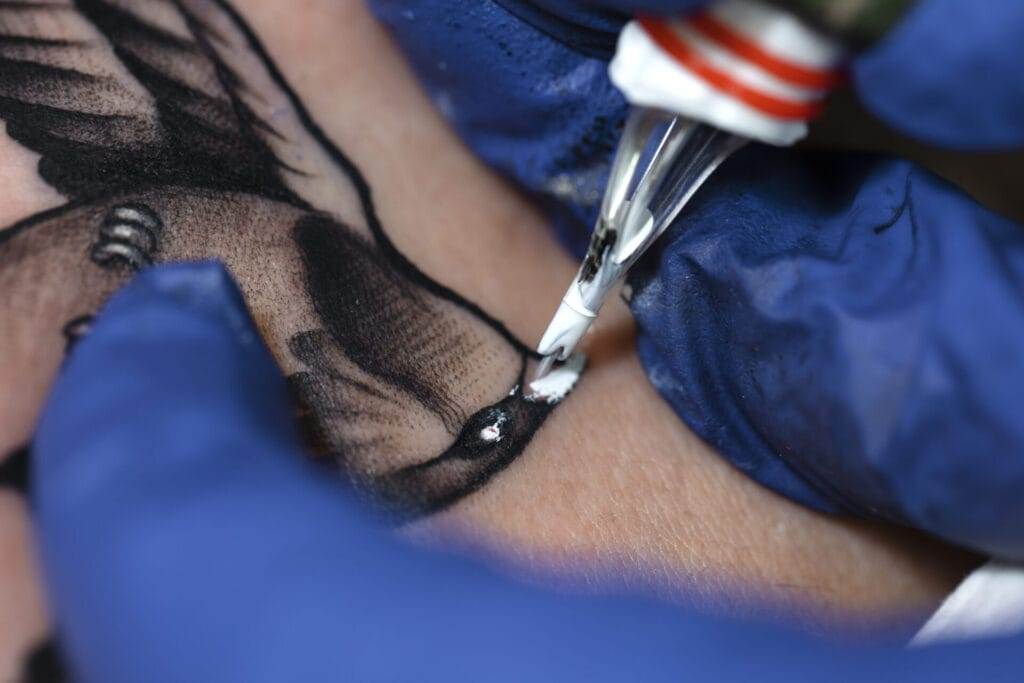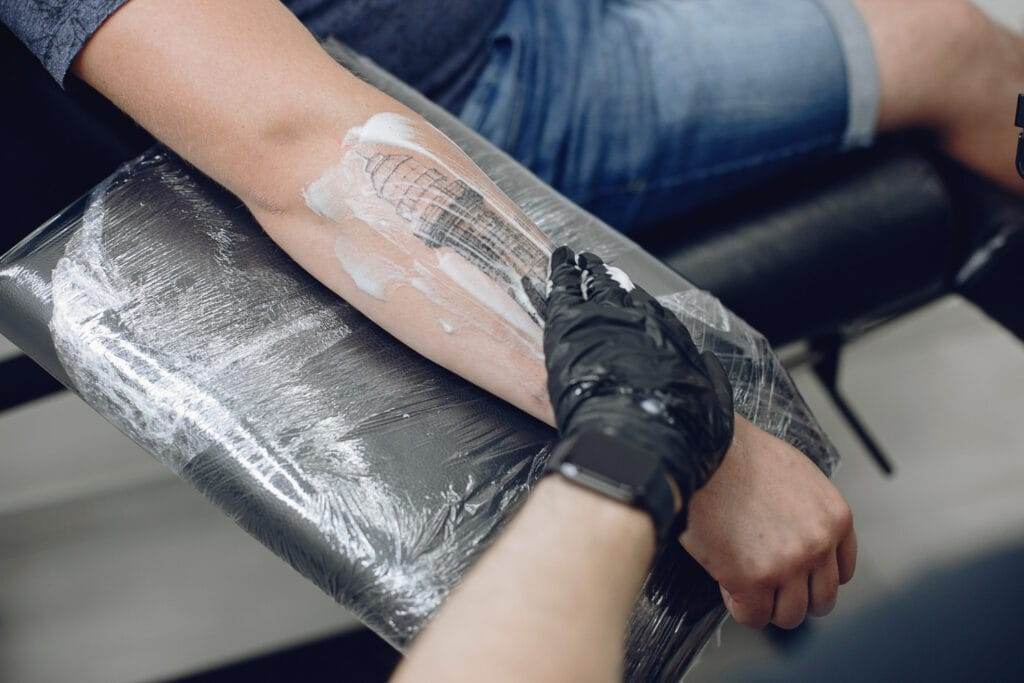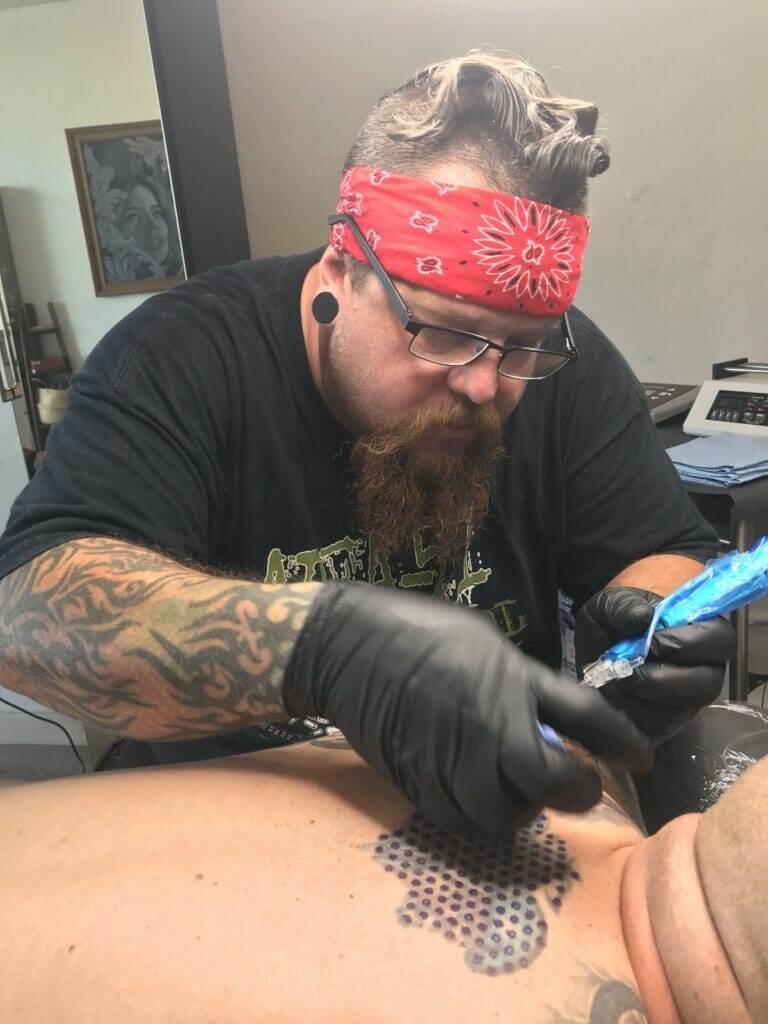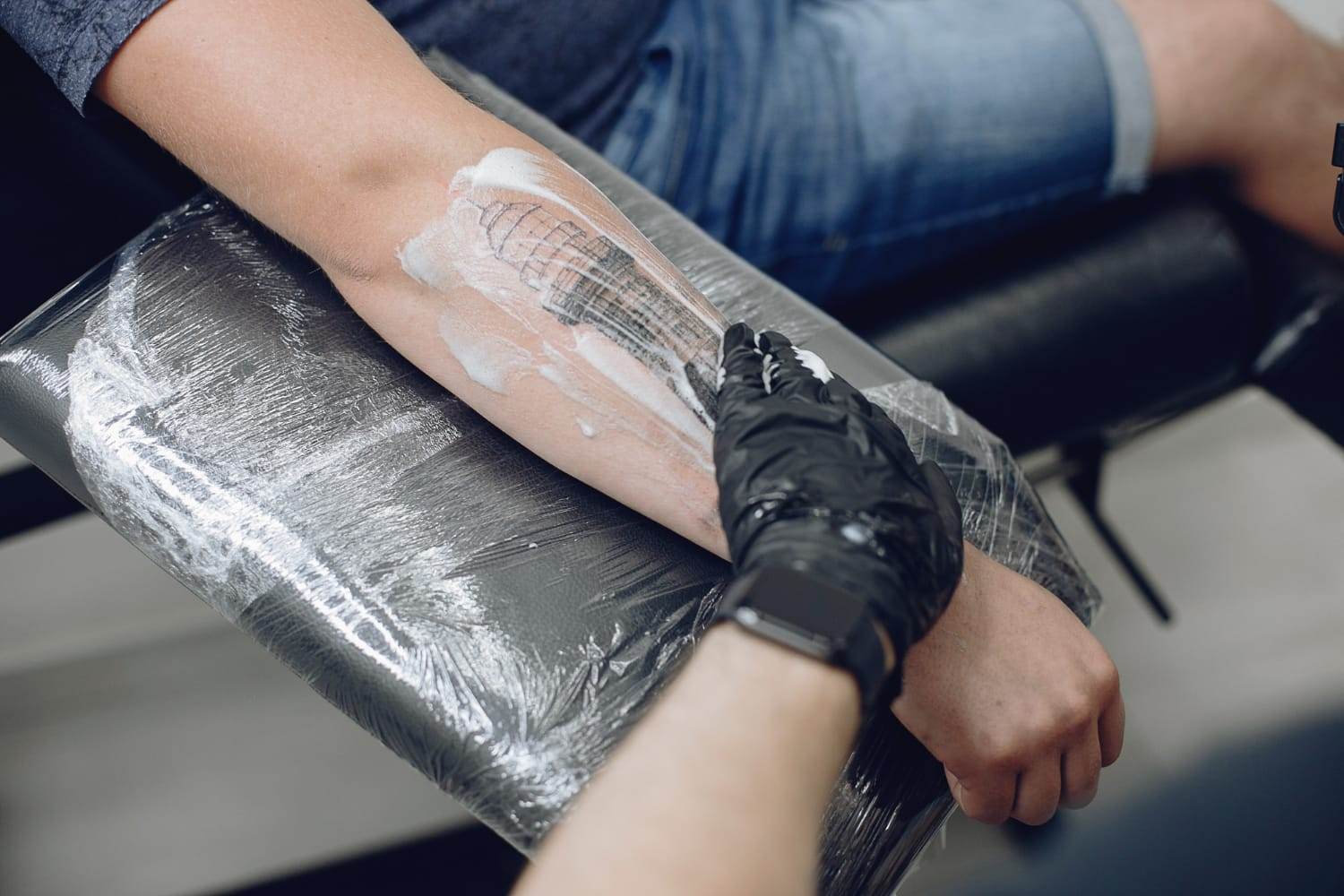Tattoo removal has become increasingly popular in recent years, with more and more people seeking out these services. There are several reasons why individuals opt for tattoo removal, ranging from the desire to remove a regrettable tattoo to the need to conform to societal norms. This article will explore the various factors that contribute to the growing demand for tattoo removal and the impact it can have on an individual’s self-expression and self-esteem.
The stigma around tattoos and how it affects self-expression
Tattoos have long been associated with rebellion and counterculture, and while they have become more mainstream in recent years, there is still a stigma attached to them in certain cultures and societies. In some professions, visible tattoos can still be seen as unprofessional or inappropriate, leading individuals to seek out tattoo removal in order to conform to societal norms.
This stigma can have a significant impact on an individual’s ability to express themselves freely. For those who feel restricted by societal expectations, tattoo removal can provide a sense of liberation and allow them to present themselves in a way that aligns with their true selves.
The emotional toll of regrettable tattoos
One of the main reasons why people choose to have their tattoos removed is because they regret getting them in the first place. Whether it’s a spur-of-the-moment decision or a design that no longer holds meaning, having a tattoo that one regrets can take a toll on an individual’s emotional well-being.
Regrettable tattoos can lead to feelings of embarrassment, shame, and even depression. They can also affect an individual’s self-esteem and confidence, as they may feel judged or misunderstood by others. Tattoo removal offers these individuals the opportunity to erase their past mistakes and start fresh, allowing them to regain their self-esteem and confidence.
How tattoo removal can help you rediscover your true self
Tattoo removal can have a profound impact on an individual’s self-discovery and self-expression. By removing a tattoo that no longer aligns with their values or identity, individuals can rediscover their true selves and present themselves authentically to the world.
Tattoos are often seen as a form of self-expression, but when a tattoo no longer represents who a person is or wants to be, it can feel like a barrier to true self-expression. Tattoo removal can help individuals break free from this barrier and express themselves in a way that feels genuine and authentic.
Understanding the tattoo removal process: what to expect
There are several methods of tattoo removal, each with its own pros and cons. The most common methods include laser removal, surgical excision, and dermabrasion. Laser removal is the most popular method, as it is non-invasive and generally produces good results.
The success of tattoo removal depends on several factors, including the size and color of the tattoo, the type of ink used, and the individual’s skin type. It is important to consult with a reputable tattoo removal specialist to determine the best method for your specific tattoo and skin type.
The cost of tattoo removal: is it worth it?
The cost of tattoo removal can vary depending on several factors, including the size and color of the tattoo, the number of sessions required, and the location of the specialist. Generally, tattoo removal is more expensive than getting a tattoo, as it requires multiple sessions and specialized equipment.
While the cost of tattoo removal may seem high, it is important to consider the long-term benefits. Removing a regrettable tattoo can have a positive impact on an individual’s self-esteem and confidence, which can in turn improve their overall quality of life. Investing in tattoo removal can be seen as an investment in one’s well-being and self-expression.
The physical and psychological benefits of tattoo removal

Tattoo removal not only has physical benefits but also psychological ones. Physically, removing a tattoo can improve the health and appearance of the skin. Tattooed skin often becomes damaged over time, with the ink spreading or fading, and the removal process can help restore the skin to its original state.
Psychologically, tattoo removal can have a profound impact on an individual’s self-esteem and confidence. By removing a tattoo that no longer aligns with their values or identity, individuals can feel more comfortable in their own skin and present themselves authentically to the world. This newfound confidence can have a positive ripple effect on other areas of their lives.
Coping with the emotional aftermath of tattoo removal
While tattoo removal can be a liberating experience, it is important to acknowledge that it can also come with emotional challenges. Removing a tattoo that once held meaning or significance can bring up feelings of loss or grief. It is important to give oneself time and space to process these emotions and seek support from loved ones or professionals if needed.
Coping strategies for dealing with the emotional aftermath of tattoo removal include practicing self-care, engaging in activities that bring joy and fulfillment, and seeking therapy or counseling if necessary. It is important to remember that removing a tattoo does not erase one’s past experiences or identity, but rather allows for growth and self-discovery.
Embracing your true self: life after tattoo removal
After undergoing tattoo removal, individuals often experience a sense of freedom and liberation. They are no longer defined by a tattoo that no longer represents who they are or want to be. This newfound freedom opens up opportunities for self-expression and self-discovery.
Life after tattoo removal can be a time of exploration and growth. Individuals can experiment with different styles, clothing, and hairstyles without the constraints of a tattoo. They can embrace their true selves and present themselves authentically to the world, without fear of judgment or misunderstanding.

Why tattoo removal can be a liberating experience
Tattoo removal is gaining popularity for several reasons, including the desire to remove regrettable tattoos and conform to societal norms. The stigma around tattoos can have a significant impact on an individual’s self-expression and self-esteem. Tattoo removal offers individuals the opportunity to rediscover their true selves and regain control over their bodies.
Understanding the tattoo removal process and finding a reputable specialist are crucial steps in achieving successful results. While the cost of tattoo removal may seem high, it is important to consider the long-term benefits in terms of improved self-esteem and confidence.
Tattoo removal not only has physical benefits but also psychological ones. It can improve the health and appearance of the skin, as well as boost an individual’s self-esteem and confidence. While there may be emotional challenges after tattoo removal, coping strategies and support systems can help individuals navigate this process.
Ultimately, tattoo removal can be a liberating experience that allows individuals to embrace their true selves and live authentically. It opens up opportunities for self-expression and self-discovery, leading to a greater sense of freedom and fulfillment.








